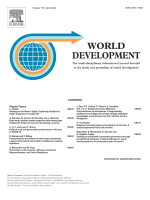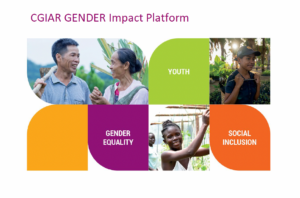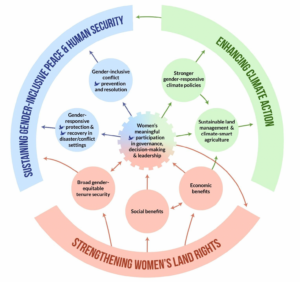Rural out-migration is changing agrarian political economies and natural resource governance worldwide, and gender and social relations play an important mediating role. The aim of this study is to investigate the impact of rural out-migration on collective action in farmer-managed irrigation systems, with a particular focus on household structure and gender relations.
We employ a mixed-methods approach combining a household survey (n = 377) of ten villages conducted in early 2021 with 80 qualitative interviews, 12 focus group discussions and participant observations in two villages carried out between 2015 and 2021 in Far Western Nepal. Using descriptive statistics as well as univariate and multivariate analyses, we explore migration patterns, household relations and the functionality of farmer managed irrigation systems based on system maintenance, resource mobilization, and satisfaction of water allocation and conflict management.
Our results show that 60.7% of all households had at least one migrant in the past five years, of which 83% were male. We find that collective labor in irrigation systems is not affected by male out-migration. Absent men’s labor contributions are successfully substituted by women. Furthermore, participation in water user groups or irrigation committees is significantly higher in migrant households. Lastly, the findings revealed no effect of migration on crop yields.
These results challenge the generalizability of widespread assumptions of deteriorating community-based resource management systems, and expand debates on the “loss of labor” in rural areas and the “de-agrarianization” due to rural out-migration. Our analysis contributes to current studies on migration effects on rural societies by demonstrating the sustaining role of gender and social relations in water resource governance. An important policy implication of our analysis is that women should be recognized as key actors in the agriculture and irrigation sector, and should be addressed and integrated accordingly.
Authors: Stephanie Leder, Rachana Upadhyaya, Kees van der Geest, Yuvika Adhikari, Matthias Büttner
Source: World Development




